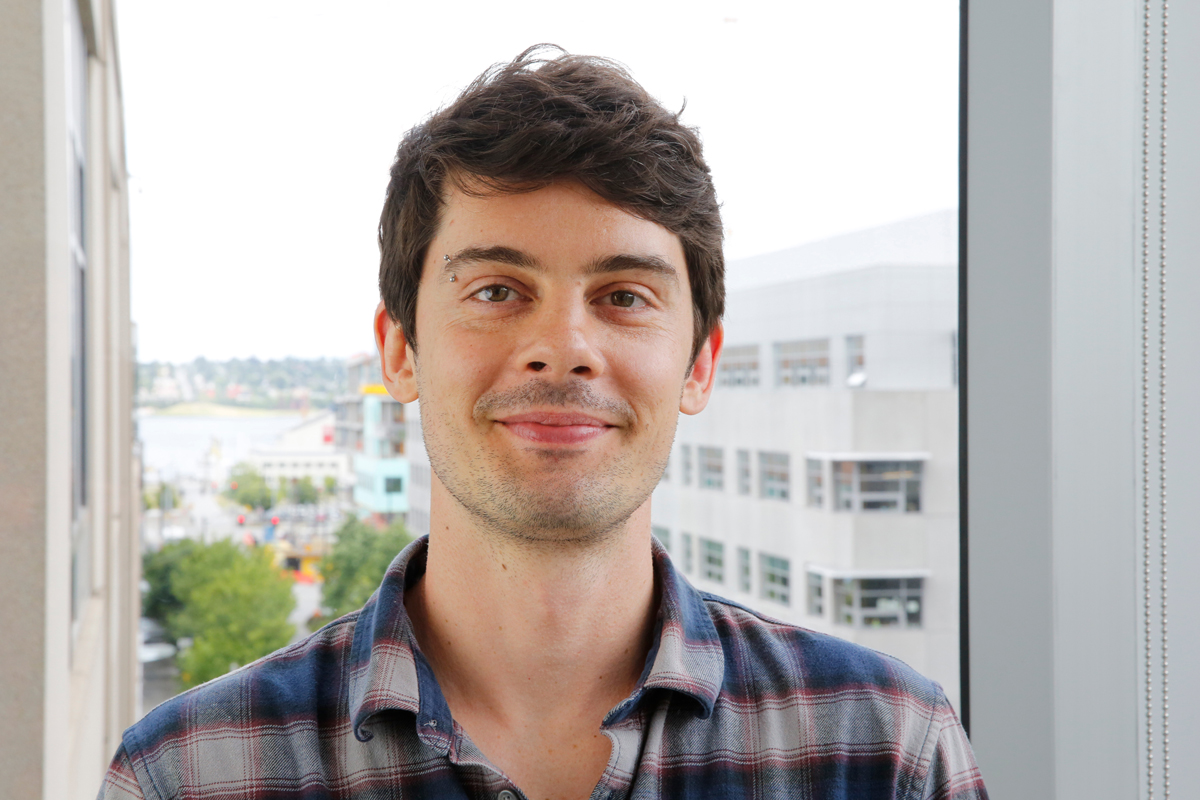‘1 in 1,000:’ Dr. Sean Gibbons Named Highly Cited Researcher for 2023
 isbscience.org/news/2023/12/06/1-in-1000-dr-sean-gibbons-named-highly-cited-researcher-for-2023/
isbscience.org/news/2023/12/06/1-in-1000-dr-sean-gibbons-named-highly-cited-researcher-for-2023/
ISB Associate Professor Dr. Sean Gibbons was named a Highly Cited Researcher for 2023.
“I am humbled and honored to receive this distinction, and I am proud of the Gibbons Lab for conducting timely, novel and interesting research that continues to be read and cited by our peers,” Gibbons said.
The Highly Cited Research list is generated annually by Clarivate, which says:
“Of the world’s population of scientists and social scientists, Highly Cited Researchers are 1 in 1,000.”
This is the second consecutive year Gibbons has earned this honor.
Since joining ISB in 2018, Gibbons has contributed to more than 40 published articles including peer-reviewed papers, perspectives and pre-prints. His research has been covered by The New York Times, The Economist, FOX News, TIME, and beyond.
Gibbons is a subject matter expert of the human gut microbiome and is frequently contacted by journalists to provide expertise and context around the quickly changing field, especially as it relates to consumers. For example, he was cited in this Bloomberg Businessweek story examining Viome and the often questionable microbiome-wellness startup space, and in this Washington Post story showing that when it comes to weight gain, not all calories are created equal.
Follow Gibbons’ latest research and news on BlueSky or X (formerly Twitter), and watch him in action explaining the microbiome and its importance in the video below.





